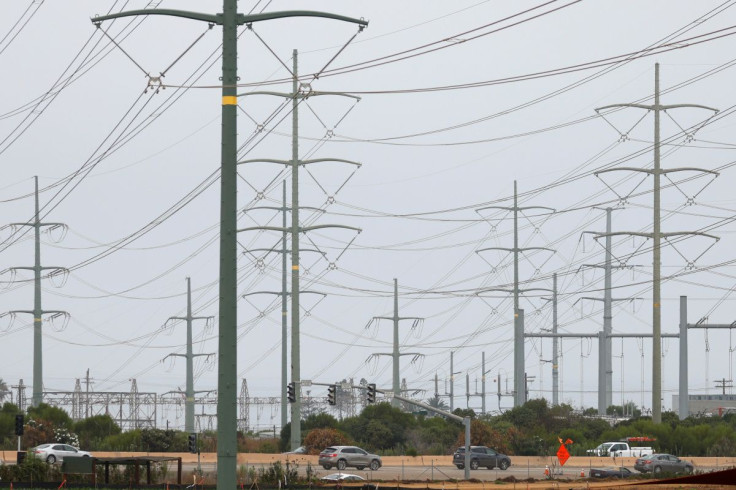Addressing Severe Heat Waves: Empowering Users For Grid Stability

Severe heat waves are sweeping across the world, leaving a trail of devastation and putting immense pressure on power grids. From scorching temperatures in Texas to blistering heat waves in various regions around the globe, these extreme weather events are exacerbating the risk of blackouts and highlighting the critical importance of energy conservation and demand response measures. The alarming situation not only underscores the immediate need for action within affected areas but also raises concerns about grid stability on a global scale. As the world grapples with the escalating effects of climate change, finding effective solutions to tackle these heat waves and ensure the reliability of power grids has become an urgent priority.
Critical need for energy conservation and demand response
The severe heat waves in Texas have placed the state's power grid under enormous strain. High temperatures lead to a surge in energy demand as people rely heavily on air conditioning and other cooling systems. This increased demand can push the grid to its limits, risking blackouts that can have severe consequences for public safety, infrastructure, and the economy. To address this pressing challenge, energy conservation and demand response measures are imperative.
Energy conservation involves minimizing unnecessary energy use through efficient practices and technologies. By adopting energy-efficient appliances, optimizing cooling systems, and implementing simple habits like turning off lights when not in use, individuals can make a significant impact on reducing overall energy demand. Additionally, demand response programs encourage consumers to voluntarily reduce their energy consumption during peak demand periods to help maintain grid stability. These measures play a crucial role in alleviating stress on the power grid and mitigating the risk of blackouts.
Fostering user engagement and leveraging climate tech for grid stability
Innovative solutions such as GridRewards, developed by Logical Buildings, empower individuals to actively participate in grid stability efforts. By leveraging real-time data from utility companies and smart meters, technology applications notify users in specific utility markets when a demand response event is imminent. Through alerts, users are encouraged to voluntarily reduce their energy usage during critical periods. These user-engagement initiatives provide opportunities for individuals to contribute to power grid resiliency and reduce reliance on carbon-intensive fossil fuel peaker power plants.
Other innovative climate tech solutions that play a crucial role in stabilizing the grid include energy storage systems such as battery storage which store excess energy during periods of low demand release it when demand is high. Additionally, distributed energy resources (DERs) encompass a range of decentralized energy generation and storage technologies, including solar panels, wind turbines, and small-scale battery systems. By generating electricity closer to the point of consumption, DERs reduce transmission losses and enhance grid resilience.
Global implications for grid stability
The severe heat waves and strain on Texas' power grid serve as a sobering reminder of the global implications for grid stability. As climate change continues to intensify, extreme weather events like heat waves are becoming more frequent and severe. This poses significant challenges to power grids worldwide, as increased energy demands strain infrastructure and heighten the risk of blackouts.
The lessons learned from Texas' experience with severe heat waves and grid instability can be applied globally. By adopting smart technologies, communities can enhance their resilience and capacity to withstand and recover from disruptions. Demand response programs that encourage energy conservation and empower users to actively participate in stabilizing their local grids can make a substantial difference in ensuring grid stability and reducing the reliance on fossil fuel-based energy generation.
The global implications of grid stability underscore the urgency of adopting scalable and effective solutions. By harnessing favorable climate tech legislation and funding, similar apps and technologies can be developed and implemented in major markets worldwide. Through collective efforts, we can address the challenges posed by extreme weather events, enhance grid resilience, and pave the way for a sustainable and stable energy future.
Jeff Hendler is the co-founder, president, and CEO of Logical Buildings, a pioneering provider of sustainability technologies, carbon-free virtual power plants, and smart building software.
(The views expressed here are of the author and do not represent those of International Business Times.)
© Copyright IBTimes 2024. All rights reserved.





















